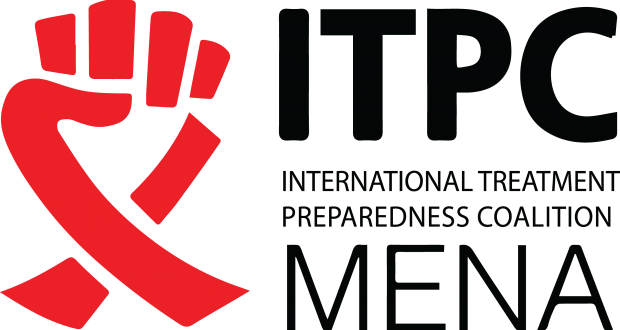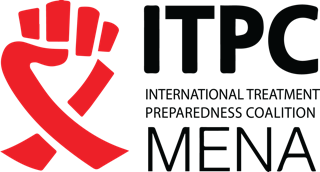
New Study : Assessment of national intellectual property landscapes and their impact on access to medicines (Egypt, Morocco, Tunisia)
Title: A tool to assess how friendly to access-to-medicines your law is Background
Provisions of intellectual property (IP) may have an important impact on access to medicines. For instance, the monopoly granted by the patent prevents competition with generics on the market and is often responsible for high prices. Along the years, IP provisions grow more numerous and complex in legal documents. Policy makers, public health experts and NGOs involved in access to medicines need to be able to understand these
provisions.
Objectives:
A study was undertaken to assess provisions on intellectual property in different bodies of laws (patent laws, pharmaceutical regulations, decrees on pharmaceutical products, free trade agreements, etc.) prone to have an impact on access to medicines in three countries: Egypt, Morocco, and Tunisia.
Methods:
Each of the relevant provisions was described, analyzed, and was assigned a score. Scores are estimations drawn up by the researcher based on her assessment of the impact of the provisions either as barriers or playing a facilitating role to access to medicines. They are a subjective assessment and not meant to provide a strict ranking for each country, however, they give a sense of the level of flexibilities available within the laws of the different countries in order to ensure access to medicines, and allow comparisons between countries.
The categories of provisions considered include:
- Extension of patentability;
- Procedure to oppose a patent;
- Extension of duration of patent monopoly;
- Limitations to the use of compulsory licenses;
- Parallel import of medicines;
- Data exclusivity in the context of the marketing authorization process;
- Linkage between the patent status and the marketing authorization;
- Experimental use of patents and Bolar provision.
Results:
The results are presented through tables. The situation of each country can be compared for each time of provision to the situation in the two others. The provisions that are the more useful to access to medicines, or, on the contrary, the detrimental were identified in the three countries. These results constitute a resource to help people understand and improve the legal framework around medicines in their country.
Conclusions and Recommendations:
The methodology developed is meant to serve as a tool for policy-makers, public health experts and NGOs to assess the IP landscape and its impact on access to medicines in their country and compare it to others. This tool was designed to be discussed and shared by its users in order to assess the situation in an increasing number of countries.
To download the study (french version) : Etude-ITPC-FR-HD
To download the study (english version): étude-ITPC-ENG-HD
To download the study (arabic version) : Etude-ITPC-AR-HD









